The risks of injecting methamphetamine
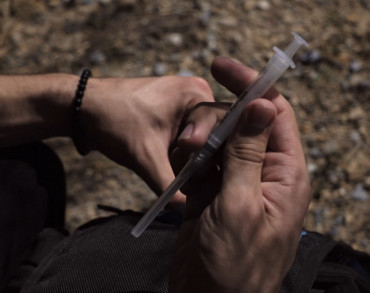

While all forms of methamphetamine use are likely to lead to addiction and health problems, injecting meth is especially dangerous.
It speeds up how quickly someone becomes addicted, and how seriously dependent they are. It also increases the tolerance to higher and higher doses much faster, which means users have to take more and more dangerous amounts to get the same high.
The more meth someone takes, the damage they do their minds and body gets worse and worse, and the risk of death from overdose rises dramatically.
But the dangers of shooting meth go further than the damage being done by the drug itself.
Stay safer by staying informed. Sign up to receive alerts and notifications about any dangerous drugs in NZ. Check out the alerts page to see what we've already found.
It’s very common for users to share needles with each other, which has the unintended effect of causing their blood to come into direct contact. This can result in several infections, especially infections of the blood, many of which are very serious.
There’s also an added risk as people under the influence of meth often get involved in high risk activities and violent behaviour, which means there’s a higher chance of getting injured or catching a contagious disease.
Injecting meth can also cause vein damage, including scarring and vein collapse. Because meth is a stimulant, it can cause the veins to contract or shrink which can make it nearly impossible for users to find a healthy vein. Inflammation and burning in the veins are common due to the chemicals used to make the drug.
While not using drugs is always the best option, our friends over at The New Zealand Needle Exchange Programme have more information on staying safe when injecting.
Here are five things to keep in mind:
Ensure the meth you buy is safe
Know your dealer. Avoid buying meth from people or sources you do not know as it may be stronger than you are used to, contaminated, or cut with toxic substances.
It's dangerous to go alone
Things can, and often do, go wrong. If you’re using along, it means no one will be there to help if that happens. It’s a good idea to arrange someone to check in with you by text, phone or online.
Keep everything clean
Wash your hands (hot water and soap is best) and dry them thoroughly before touching any sterile equipment. If you don’t have access to soap and water, the next best thing is to clean your hands with an alcohol swab or with hand sanitiser. Wipe your injection site with an alcohol swab (one swipe in one direction), or with soap and water if a swab is unavailable, to remove any bacteria from your skin. Swabbing is important as getting bacteria into your blood stream can cause serious health problems.
Don’t share needles, syringes or any other injecting equipment
Always use new, sterile and disposable gear. Never re-use or share any equipment, not even with your partner. Blood and bacteria that remain in a needle and syringe after someone has used it can be passed on to anyone else who uses that equipment. The same applies to steri-cups, spoons, and filters. This is how viruses such as hepatitis C and HIV can be transmitted from one person to another.
The New Zealand Needle Exchange Programme offers more information about reducing harm when injecting.
If you are worried about your own drug taking, or a friend, get in touch with the Alcohol Drug Helpline on 0800 787 797, or text 8681. You'll be able to speak with a trained counsellor, who can provide you with helpful information, insight and support. They’re available 24/7, all calls are free and confidential.
Latest Articles
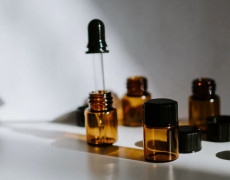
15 Apr 2024
Thinking of using GBL/GHB?
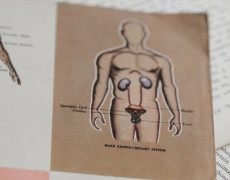
12 Apr 2024
Ketamine and bladder damage – know the risks
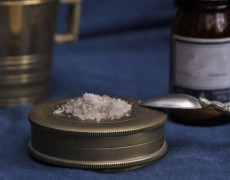
8 Mar 2024
Synthetic cathinones explained
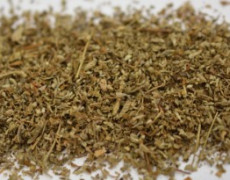
22 Feb 2024
What’s happening with synthetic cannabinoids?
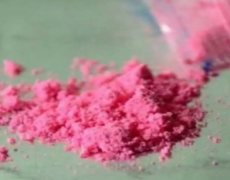
31 Jan 2024
What is tuci?
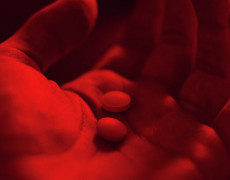
19 Jan 2024
Answering some common questions about MDMA

10 Jan 2024
Understanding the risks of the comedown

5 Jan 2024
Looking after your mental health

15 Dec 2023
Tips for a safer night out
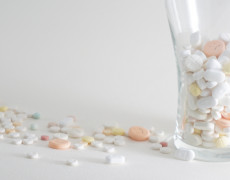
12 Dec 2023
To mix it is to risk it
